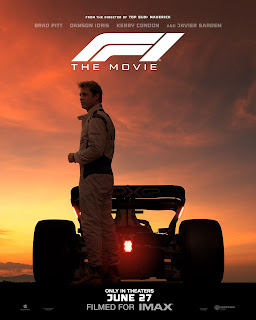Alfie Dogs Midseason 2025 top 10

Ruben Bain Edge - Miami Nuclear first-step explosion that consistently beats tackles' hands to the punch, creating immediate angles that collapse pockets before quarterbacks finish their drops. Heavyweight knockout power in his hands that jolts blockers backwards on contact, establishing leverage advantages that make recovery nearly impossible for offensive linemen. Relentless pursuit motor that treats fourth quarter reps like first series snaps, chasing down scrambling quarterbacks and tracking ball carriers from the backside. Technical arsenal featuring a devastating swim move, overwhelming bull rush, and improving counter game that he's begun chaining together with veteran savvy. Elite flexibility and bend for a 270-pound frame, allowing him to corner at extreme angles while maintaining balance and speed through contact. Natural leverage generator at 6'3" who consistently wins the pad level battle, turning taller tackles into turnstiles by attacking their chest plat...



